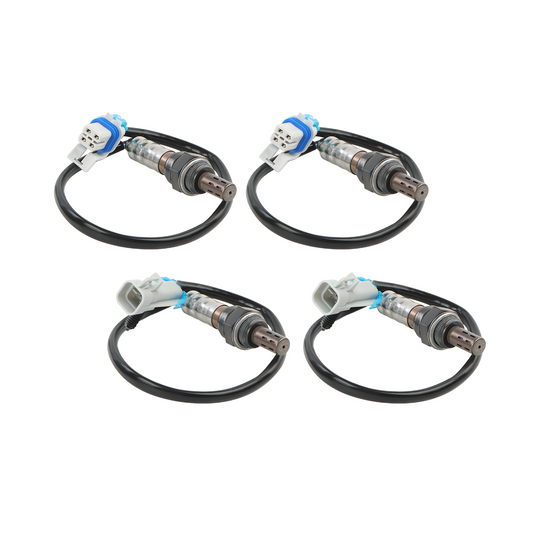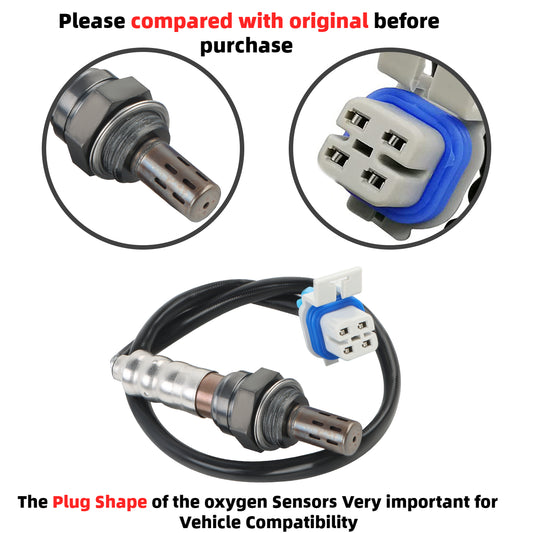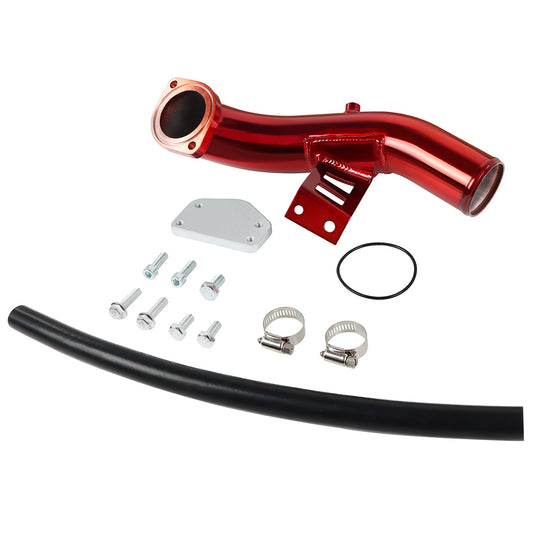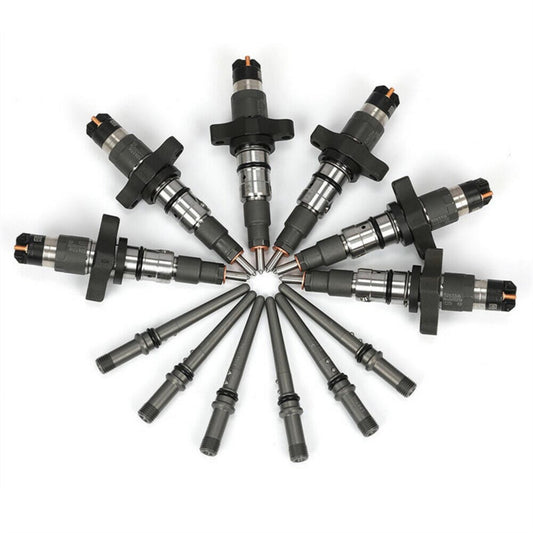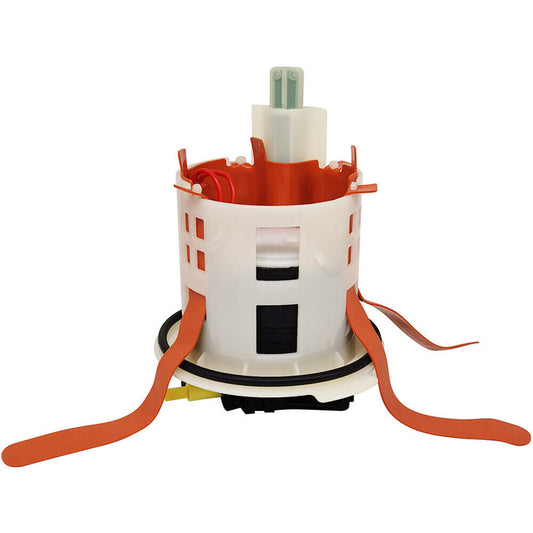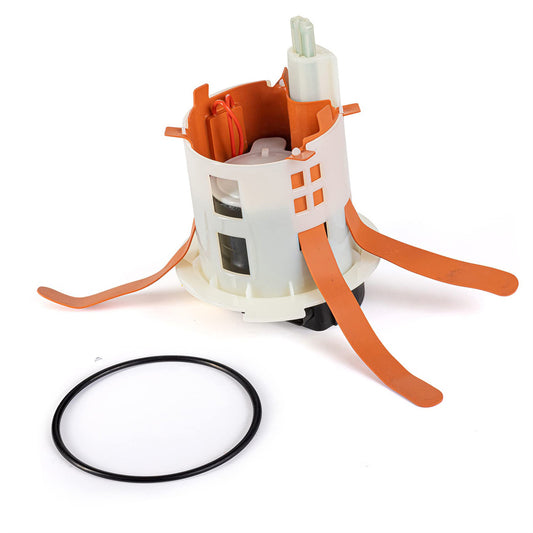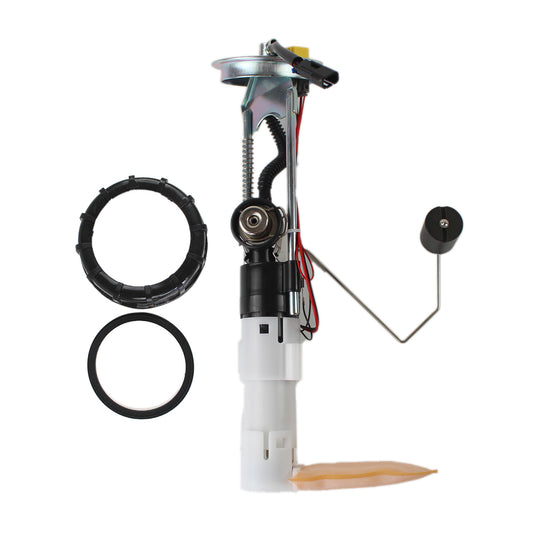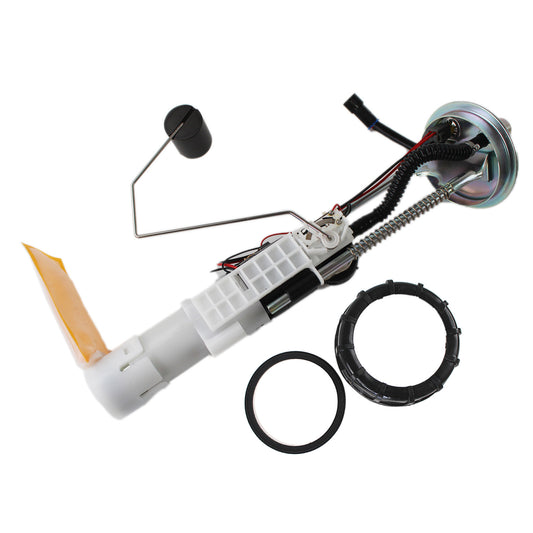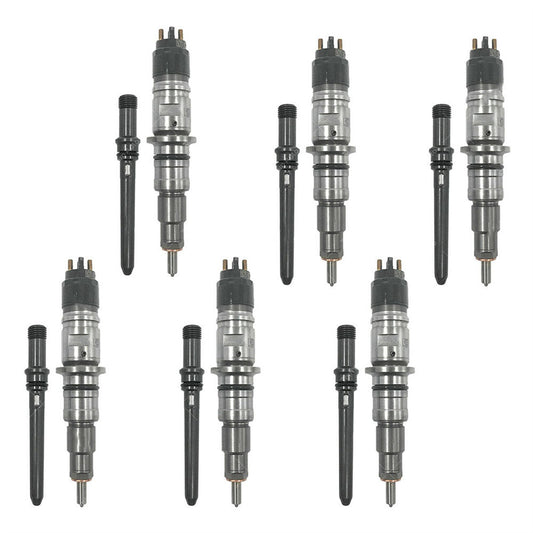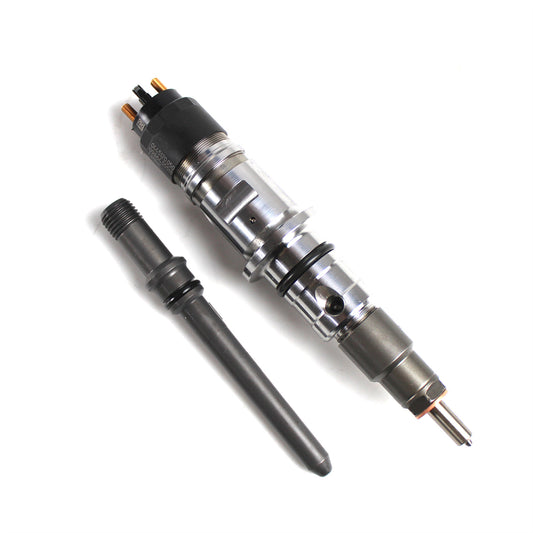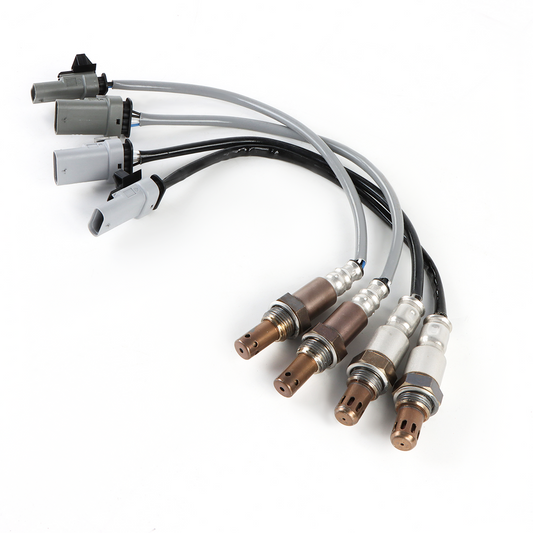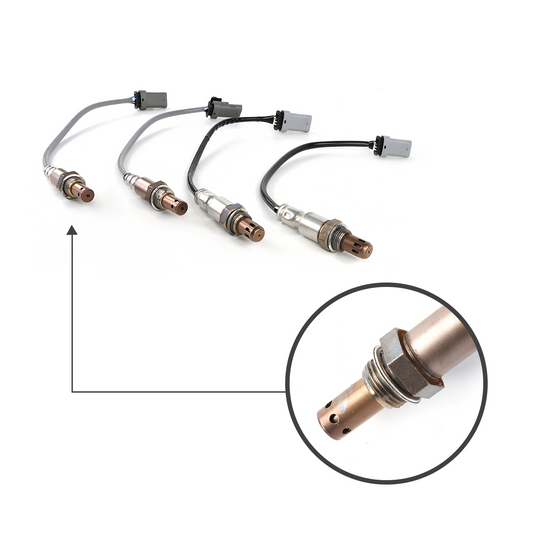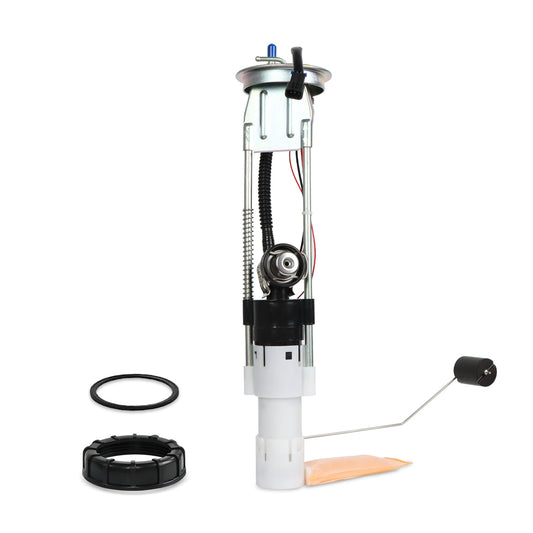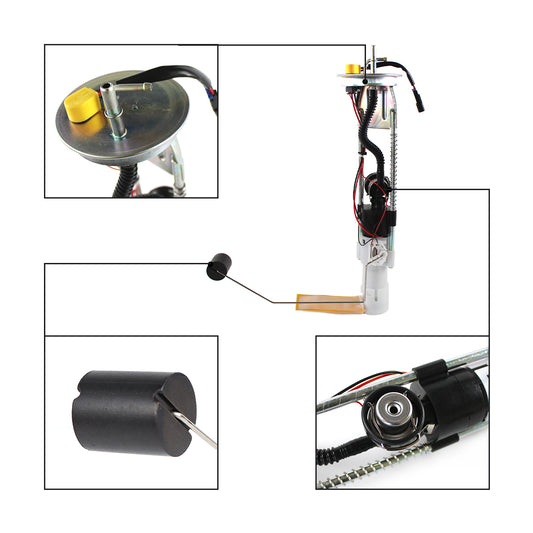What Damage can A Leaking Exhaust Manifold cause and How to fix it?
Are you experiencing strange noises or a decrease in performance of your vehicle? It could be an exhaust manifold leak. Not only can it affect your car's performance, but it can also cause serious damage to your engine and emissions system.
In this article, we'll take a deep dive into the world of exhaust manifold leaks. We'll explain what they are, what causes them, and the potential damage they can cause. We will also show you how to detect and fix them, and how the catalytic converter is related to the exhaust manifold.
By the end of this article, you'll have a better understanding of the importance of keeping your exhaust manifold in good working condition. So, whether you're a car enthusiast or just someone who wants to ensure their vehicle is running safely and efficiently, this article is for you.
What is an Exhaust Manifold Leak?
An exhaust manifold leak is a type of leak that occurs at the connection between the engine and its exhaust system. It can be caused by a variety of things, including corrosion, the breakdown of the gasket material, or a crack in the manifold itself. Exhaust leaks can have serious consequences for your car's performance and safety, so it's important to detect and fix them as soon as possible. Fortunately, this is a relatively simple process that can be done in a matter of minutes.
How does an Exhaust Manifold Work?
An exhaust manifold is a crucial component of your car's exhaust system. It serves to collect the exhaust gases from the cylinders of your engine and direct them out through the exhaust pipe. The manifold is usually constructed of heavy-duty cast iron or stainless steel due to its high-temperature resistance. It's connected to the engine's valves, oxygen sensors, and most importantly the three-way catalytic converter to create a well-functioning exhaust system. The catalytic converter plays a key role in reducing emissions by converting harmful pollutants into less toxic substances and this process heavily relies on the exhaust manifold to work efficiently.
When the engine is running, exhaust gases are expelled from each cylinder into the manifold where they're mixed together and directed out through the exhaust pipe. The manifold is designed to create back pressure which helps keep the engine running efficiently. If there's not enough back pressure, your engine will run lean-meaning there's not enough fuel getting mixed with the air-fuel mixture. On the other hand, too much back pressure will cause your engine to struggle and make it difficult for it to reach its optimal performance level. It is important to note that the exhaust manifold and catalytic converter work together to ensure the engine runs efficiently and to prevent harmful emissions from being released.
Advantages of Exhaust Manifold
Exhaust manifolds have several advantages that make them an essential component of an internal combustion engine. Some of the key advantages of exhaust manifolds include:
1. Improved Engine Efficiency: By directing exhaust gases away from the engine, exhaust manifolds help to improve engine efficiency by reducing backpressure and allowing the engine to breathe more easily.
2. Greater Power Output: By reducing backpressure, exhaust manifolds can help engines produce more power. This is because the exhaust gases can be expelled more quickly, allowing the engine to take in more air and fuel, resulting in more power.
3. Increased Fuel Economy: By improving engine efficiency, exhaust manifolds can help increase fuel economy. This is because the engine doesn't have to work as hard to expel exhaust gases, which reduces the amount of fuel that is needed to power the engine.
4. Longer Engine Life: By reducing backpressure, exhaust manifolds can help to reduce the wear and tear on an engine, which can extend its life.
5. Emission Control: The exhaust manifold is connected to the catalytic converter that plays a crucial role in reducing emissions by converting harmful pollutants into less toxic substances. This is an important factor in ensuring that vehicles meet emissions standards and promote cleaner air.
Overall, the exhaust manifold is an important component of an engine's exhaust system, and it plays a key role in ensuring that engines run efficiently and safely.
Causes of Exhaust Manifold Leaks
Exhaust manifold leaks can be caused by a variety of factors, including corrosion, the breakdown of gasket material, or cracks in the manifold itself.
One of the most common causes of exhaust manifold leaks is corrosion. Over time, exposure to the elements, as well as the high temperatures and pressure of the exhaust gases, can cause the metal of the manifold to deteriorate and weaken. This can lead to holes or cracks in the manifold, allowing exhaust gases to escape.
Another common cause of exhaust manifold leaks is the breakdown of the gasket material. The gasket is the seal that keeps the manifold connected to the engine and the exhaust system. Over time, the gasket can become worn or damaged, allowing exhaust gases to escape. This can happen due to exposure to high temperatures, or due to the repeated expansion and contraction of the gasket from the engine's heat cycles.
Loose or broken bolts or studs can also cause exhaust manifold leaks. These bolts hold the manifold in place and if they become loose or break, the manifold can shift and cause a leak. Additionally, the function of the oxygen sensor, which is connected to the exhaust manifold, can disturb the manifold, especially in transverse engines.
Lastly, engine vibrations and extreme temperatures can cause the manifold to weaken and crack over time. Regular maintenance and inspection of the exhaust manifold are key to preventing leaks from occurring. By identifying and replacing any worn or damaged parts, you can ensure that your exhaust system is working efficiently and safely.

How to Detect an Exhaust Manifold Leak?
Detecting an exhaust manifold leak isn't always easy, but there are some tell-tale signs.
First and foremost, you'll likely notice an exhaust smell coming from your vehicle. You may also hear a distinct hissing or tapping sound coming from the manifold area. If your engine is misfiring or lacking power, it may be a sign of an exhaust manifold leak.
To confirm the presence of an exhaust leak, start your engine and turn on the heater fan. If you hear a roaring sound as the fan is running, it's likely coming from a leak in the exhaust manifold. Another easy way to check for leaks is to inspect the gasket for black soot patches. This indicates that exhaust gases are leaking through and need to be addressed immediately.
How to Fix an Exhaust Manifold Leak?
Fixing an exhaust manifold leak is a complex process and not something most people can do in the comfort of their own driveway. It's best to take your car to a qualified mechanic who will be able to inspect the leak and advise you on the best course of action.
Depending on the severity of the leak and the cause, there are a few different approaches a mechanic may take to repair it. The gasket may need to be replaced entirely or just tightened, or bolts may need to be tightened, replaced, or re-torqued. In some cases, the manifold may need to be welded or replaced completely. Only a qualified mechanic will know what needs to be done, so it's best to trust their judgment.
It's important that you don't try to fix an exhaust manifold leak yourself, as this can be dangerous and could even result in further damage to your car in the long run.

How often do exhaust manifolds need to be replaced and how much it cost?
The cost of replacing an exhaust manifold varies widely depending on the make, model, and year of the car, but generally ranges between $150 and $1,500.
It is suggested that you either replace your exhaust manifold every four to five years or have it inspected regularly. You may need to replace it sooner if you drive in harsh conditions or neglect regular maintenance. In any case, it's important to stay up-to-date on the condition of your exhaust manifold to ensure your car runs smoothly and safely.
The Benefits of Fixing an Exhaust Manifold Leak
Repairing an exhaust manifold leak is vital for the performance and well-being of your vehicle. Not only can it improve fuel economy, but it also ensures that your car runs at its optimal performance. When the leak is fixed, exhaust gases can travel through the system more efficiently, allowing the engine to produce maximum power output. This results in improved acceleration, fuel economy, and reduced emissions.
Additionally, ignoring a leak can lead to costly repairs in the future. Leaks can cause the engine to run richly, resulting in decreased performance and a possible engine check. Over time, this can damage other components such as oxygen sensors and catalytic converters, resulting in expensive repairs. Furthermore, leaks can also lead to a lack of engine power, which can be dangerous if left unchecked, and may even lead to a fire.
It's also important to note that leaks can lead to dangerous carbon monoxide poisoning. To avoid these potential problems, regular maintenance checks are essential and any issues with the exhaust system should be addressed immediately.
To avoid the hassle and expense of a leaking exhaust manifold, stay on top of regular maintenance. Make sure to follow the manufacturer's recommendations for maintenance, including replacing the exhaust manifold gasket if necessary. Additionally, avoiding roads with large potholes or other hazards can help keep your exhaust system safe from damage.
Conclusion
In conclusion, a leak in the exhaust manifold is a serious issue that can have significant consequences for your vehicle's performance and safety. It's important to be aware of the signs of a leak, such as a loud hissing noise, a decrease in engine performance, or an exhaust smell coming from your vehicle. Regular inspection and maintenance of the exhaust manifold is key to preventing leaks from occurring.
It's important to note that the exhaust manifold is connected to the catalytic converter, which plays a crucial role in reducing emissions and ensuring that the engine runs efficiently. A leak in the exhaust manifold can cause the catalytic converter to fail prematurely, which can lead to increased emissions and a decrease in fuel economy. At Daysyore, we provide high-quality auto parts that can help you avoid possible problems with your vehicle.
If you suspect that you have an exhaust manifold leak, it's important to have it checked out by a professional. They will be able to confirm whether or not you have a leak and, if so, they'll be able to repair or replace the manifold as needed. With the right care and attention, you can keep your exhaust manifold in good working condition and ensure that your vehicle is running safely and efficiently.


